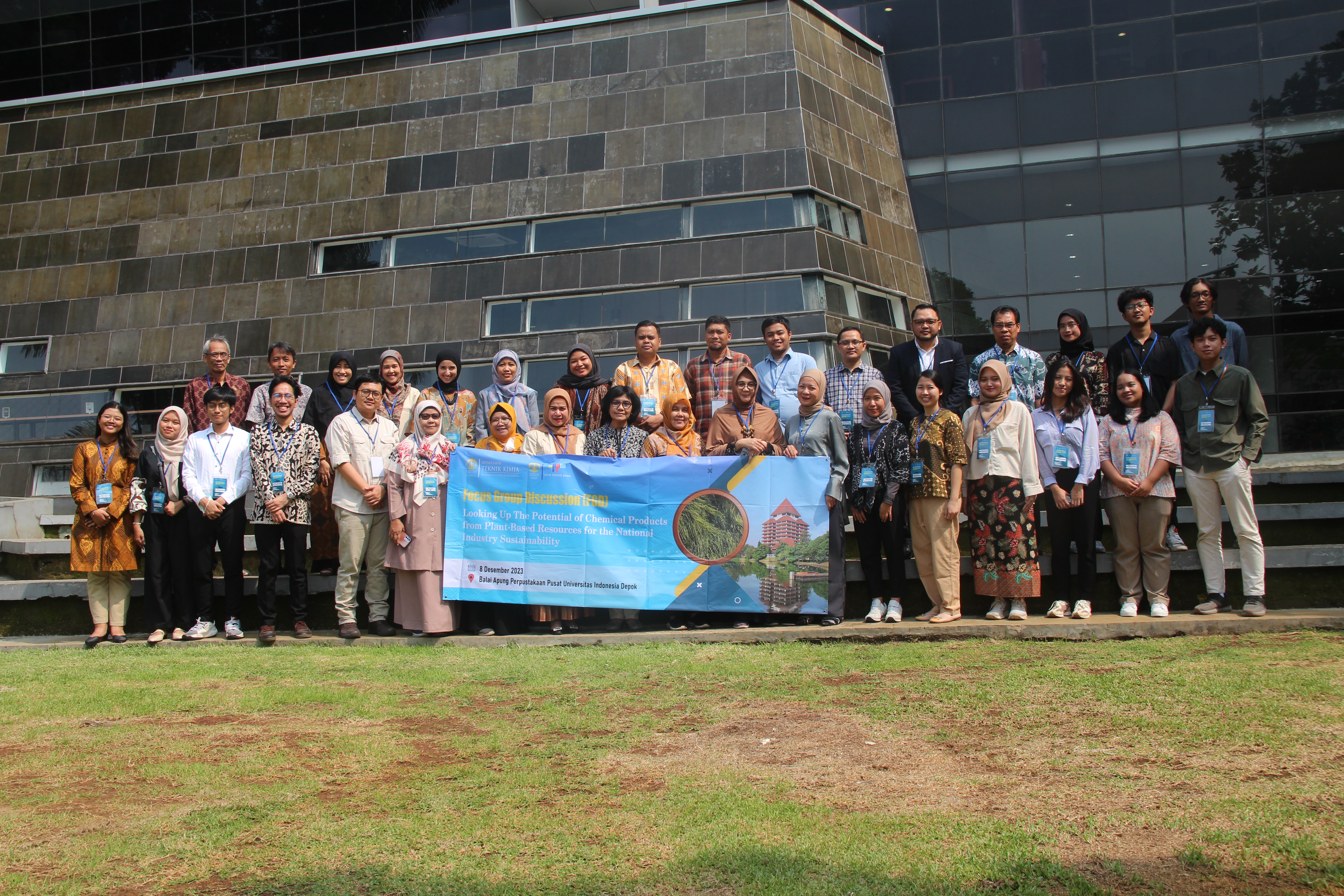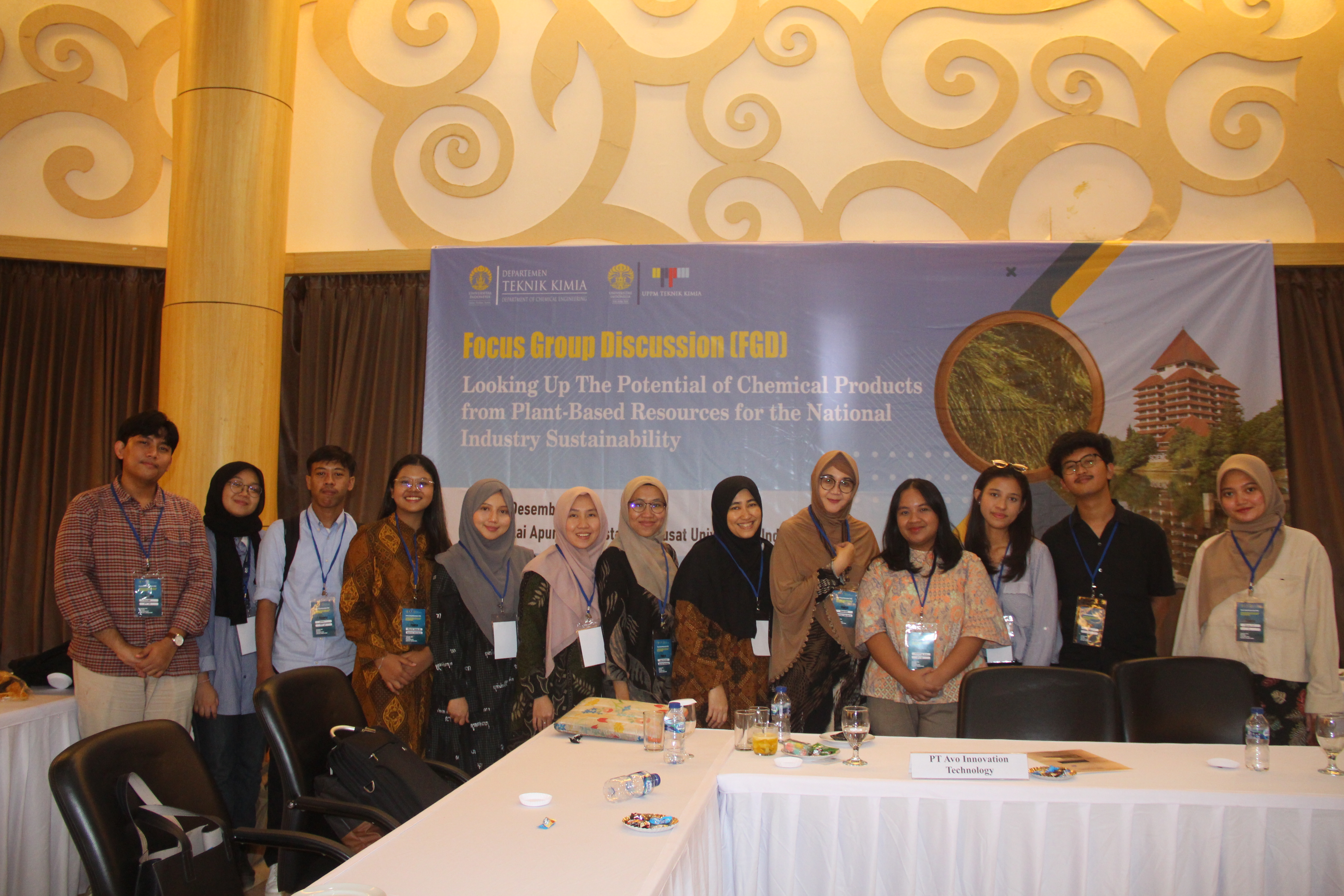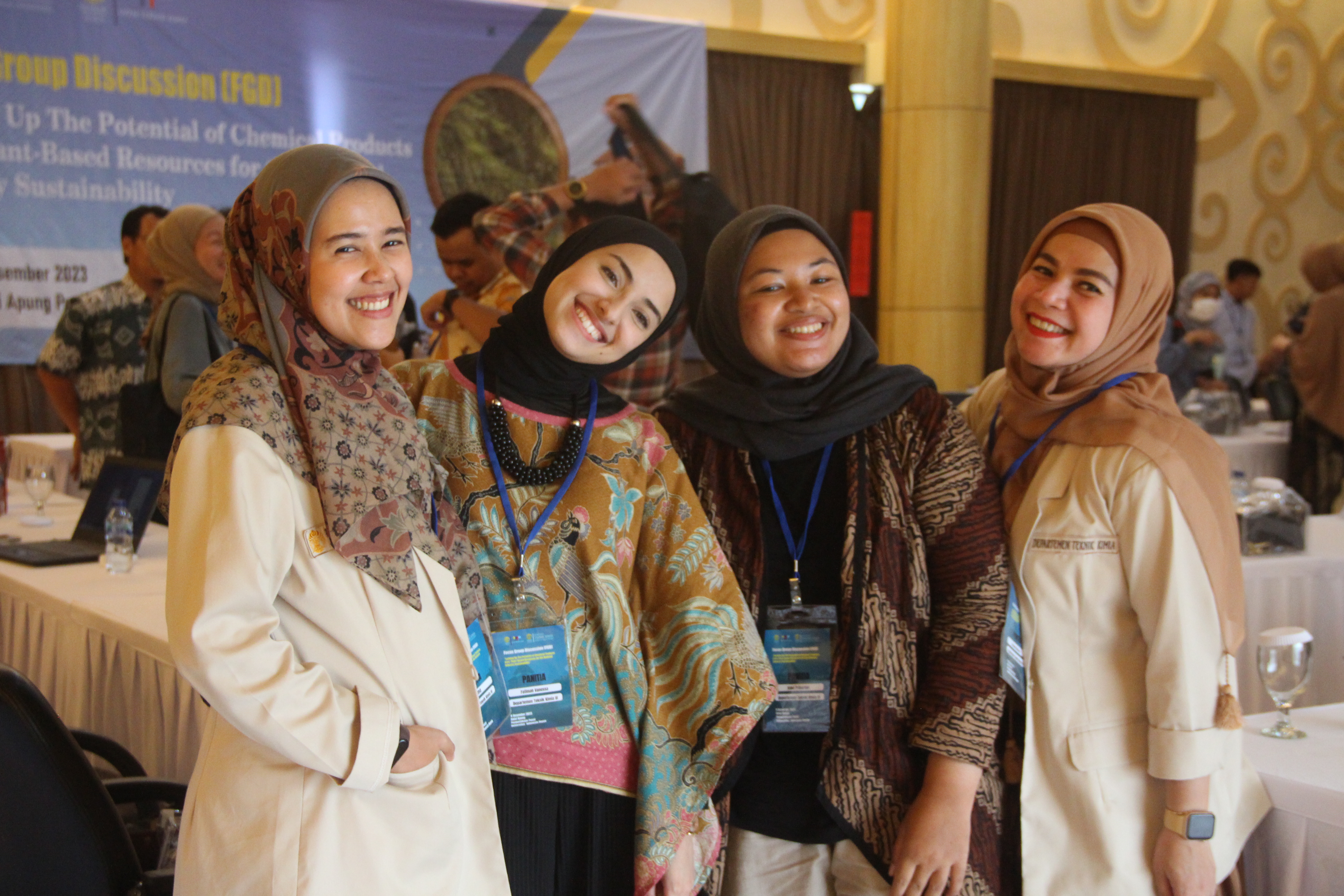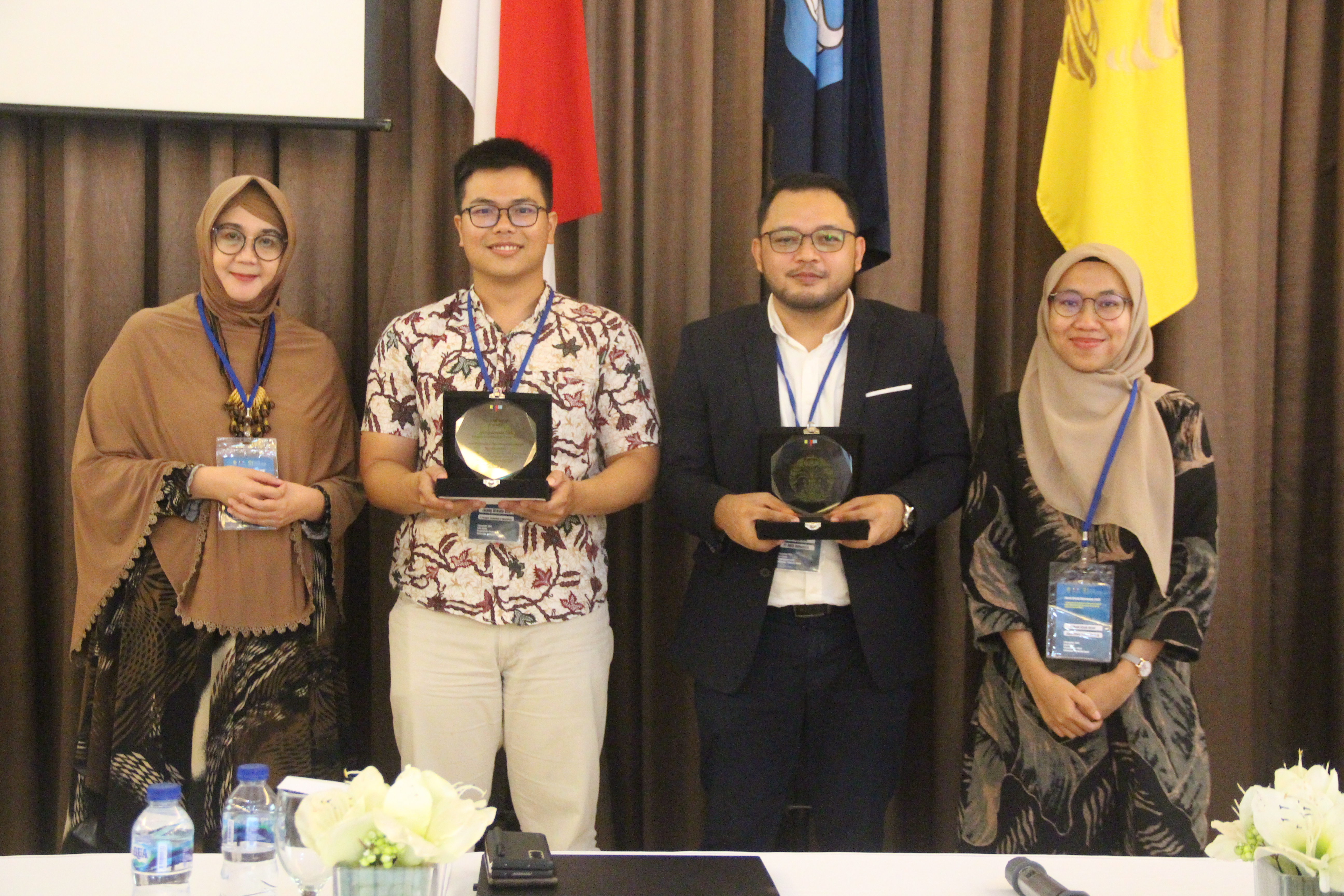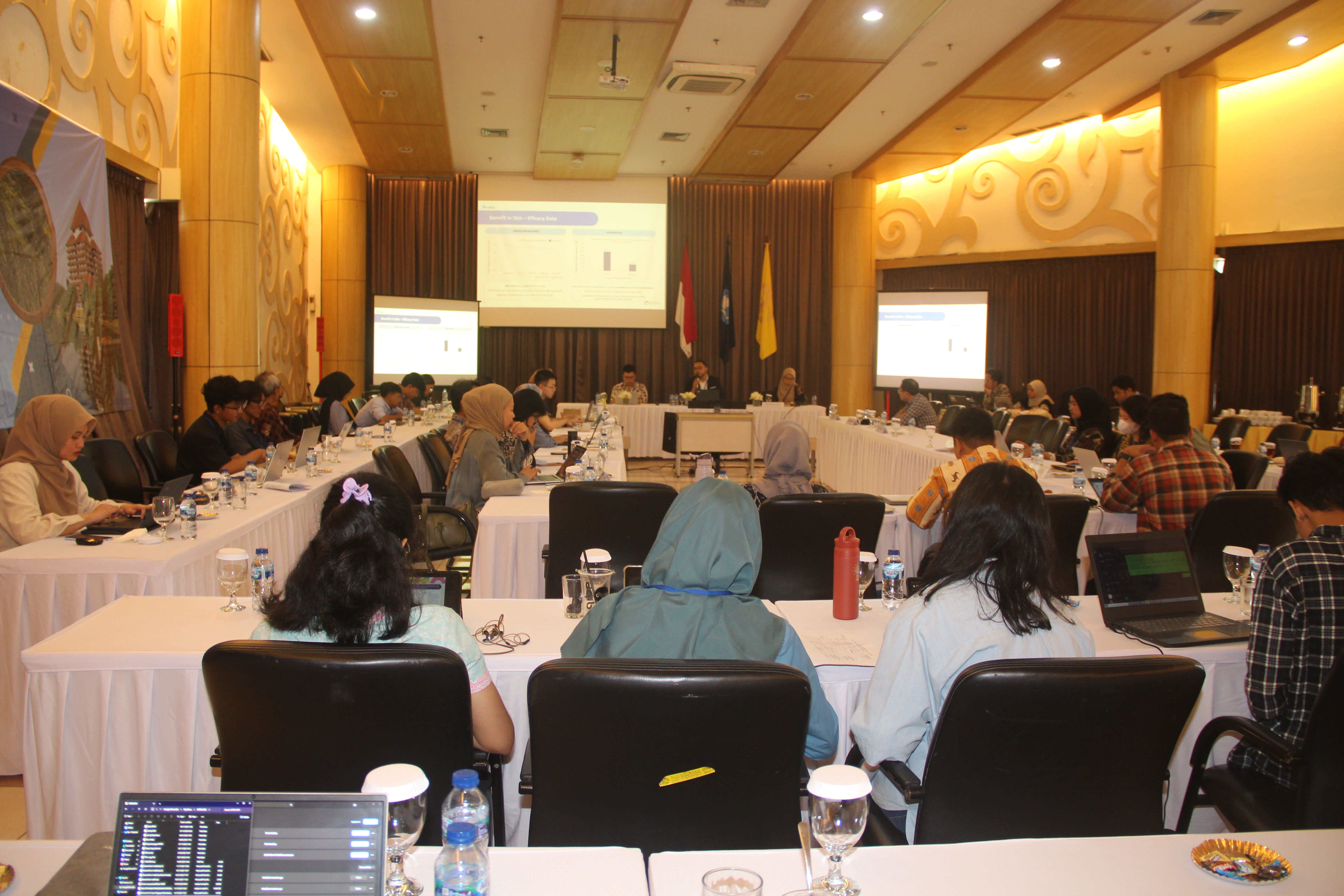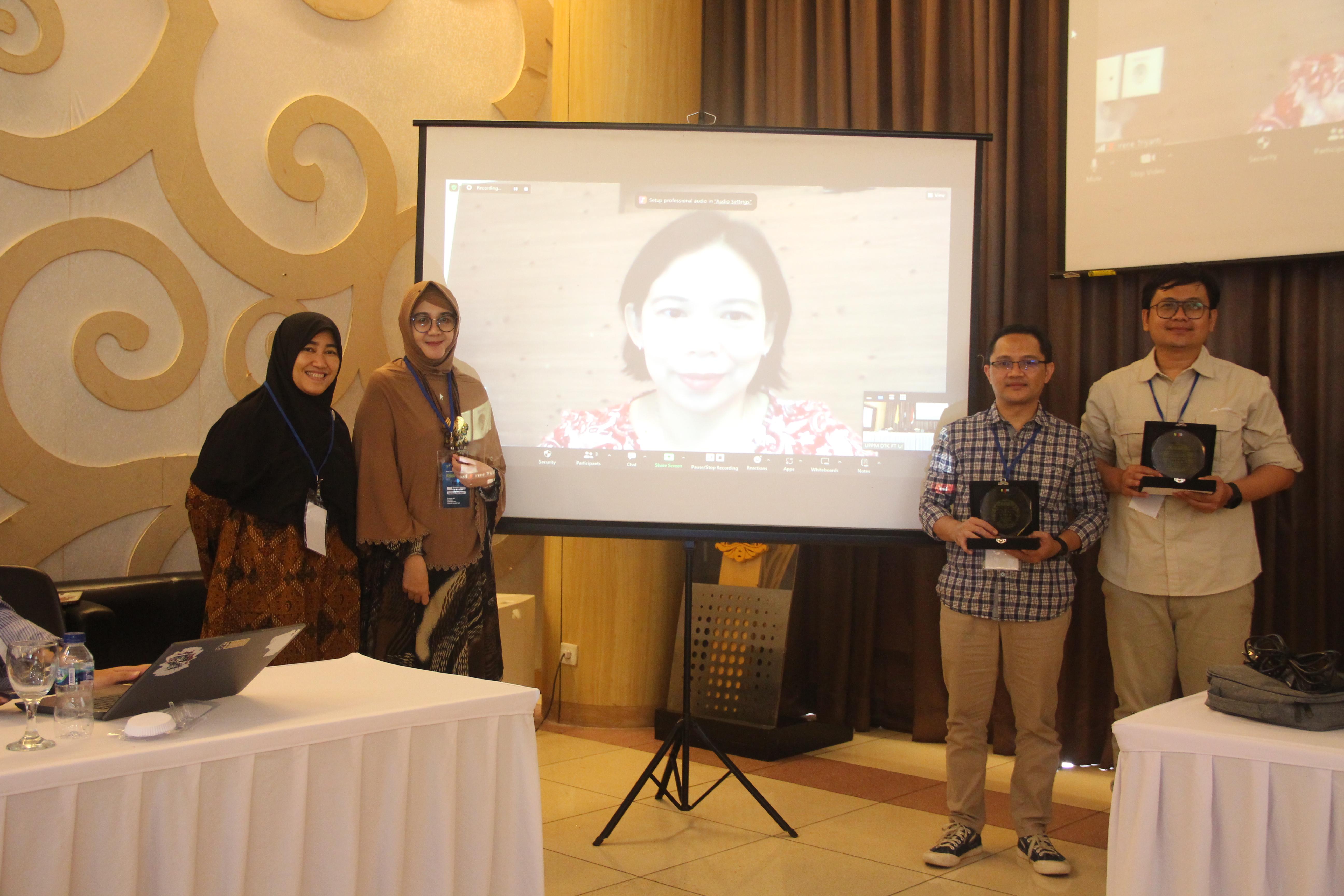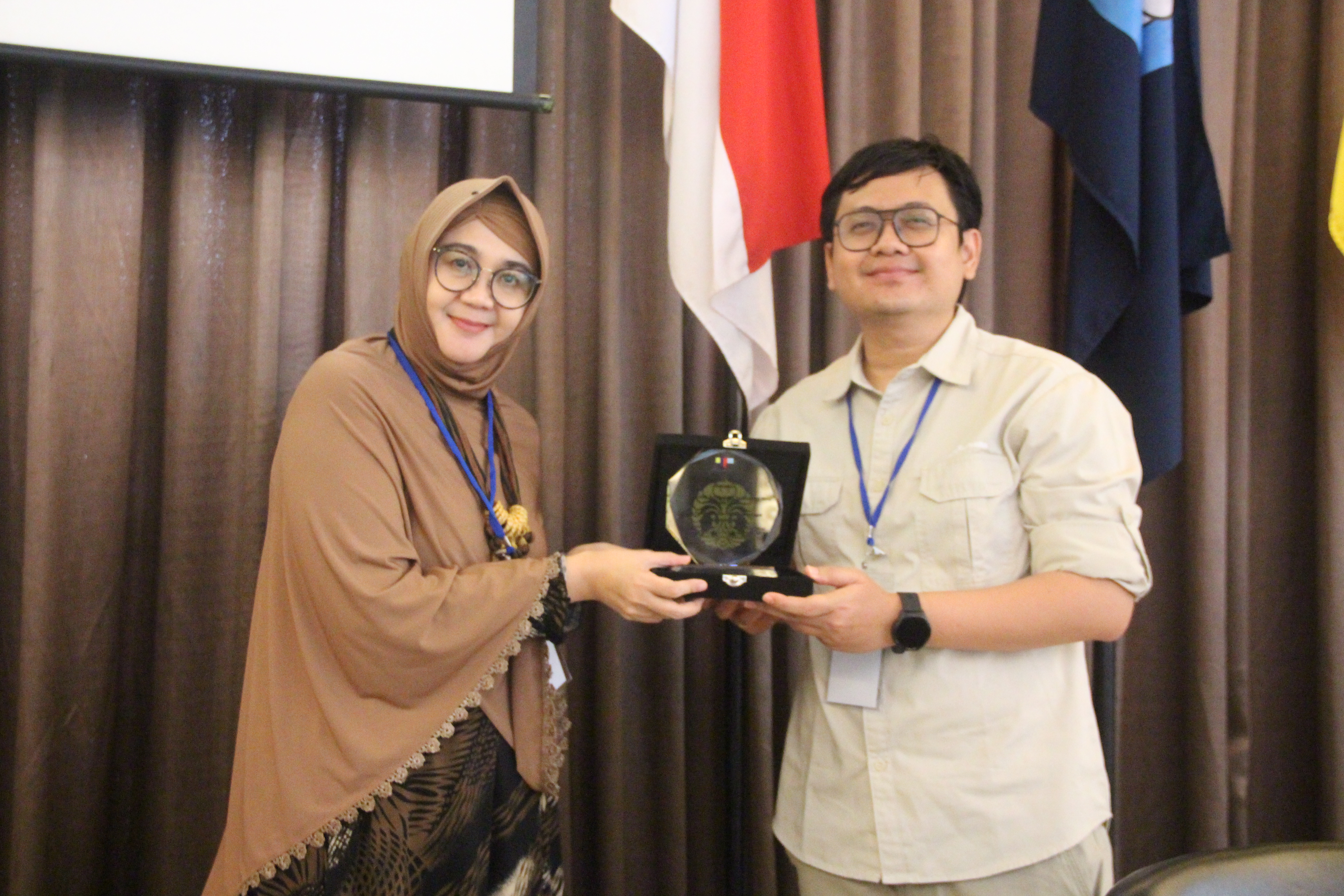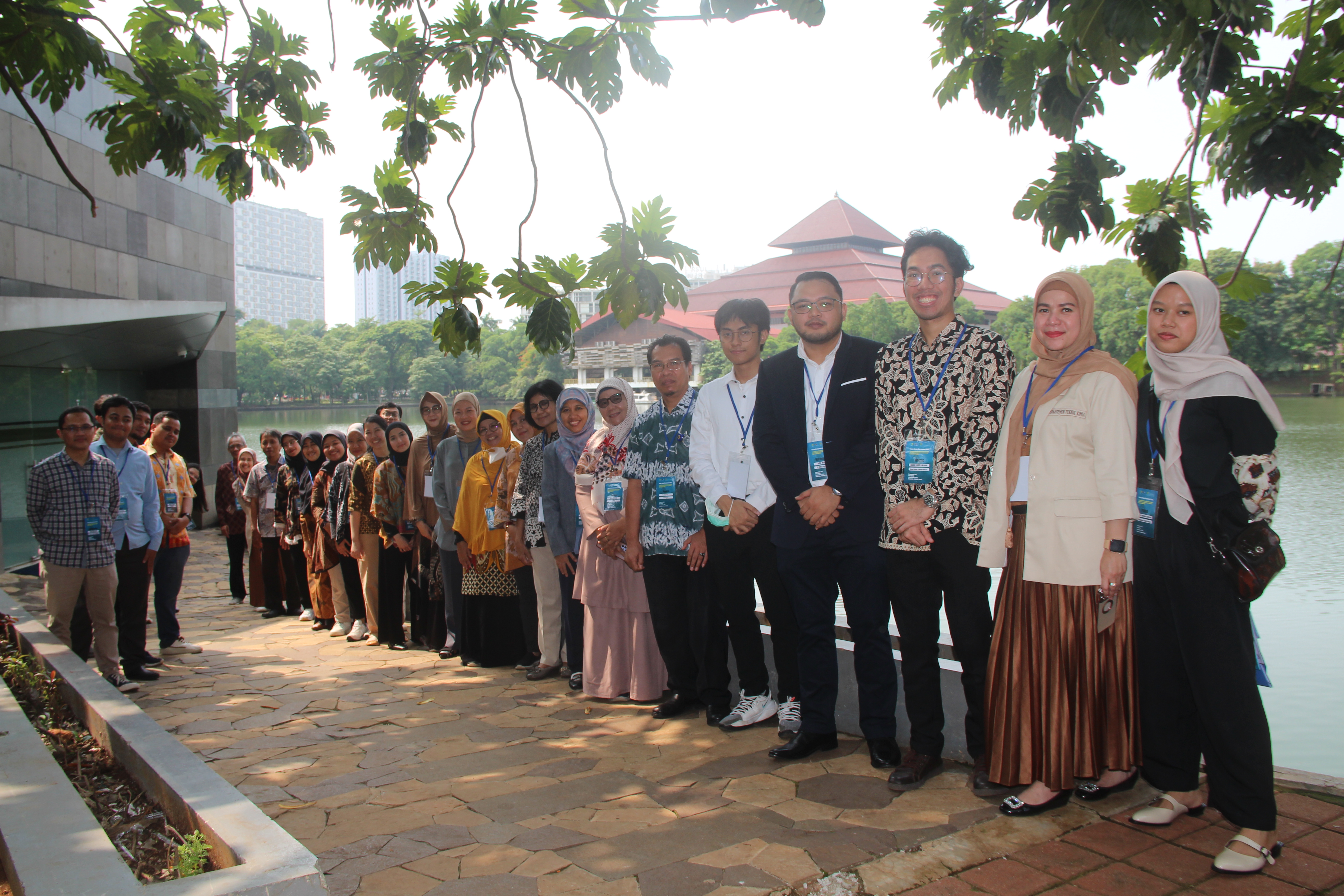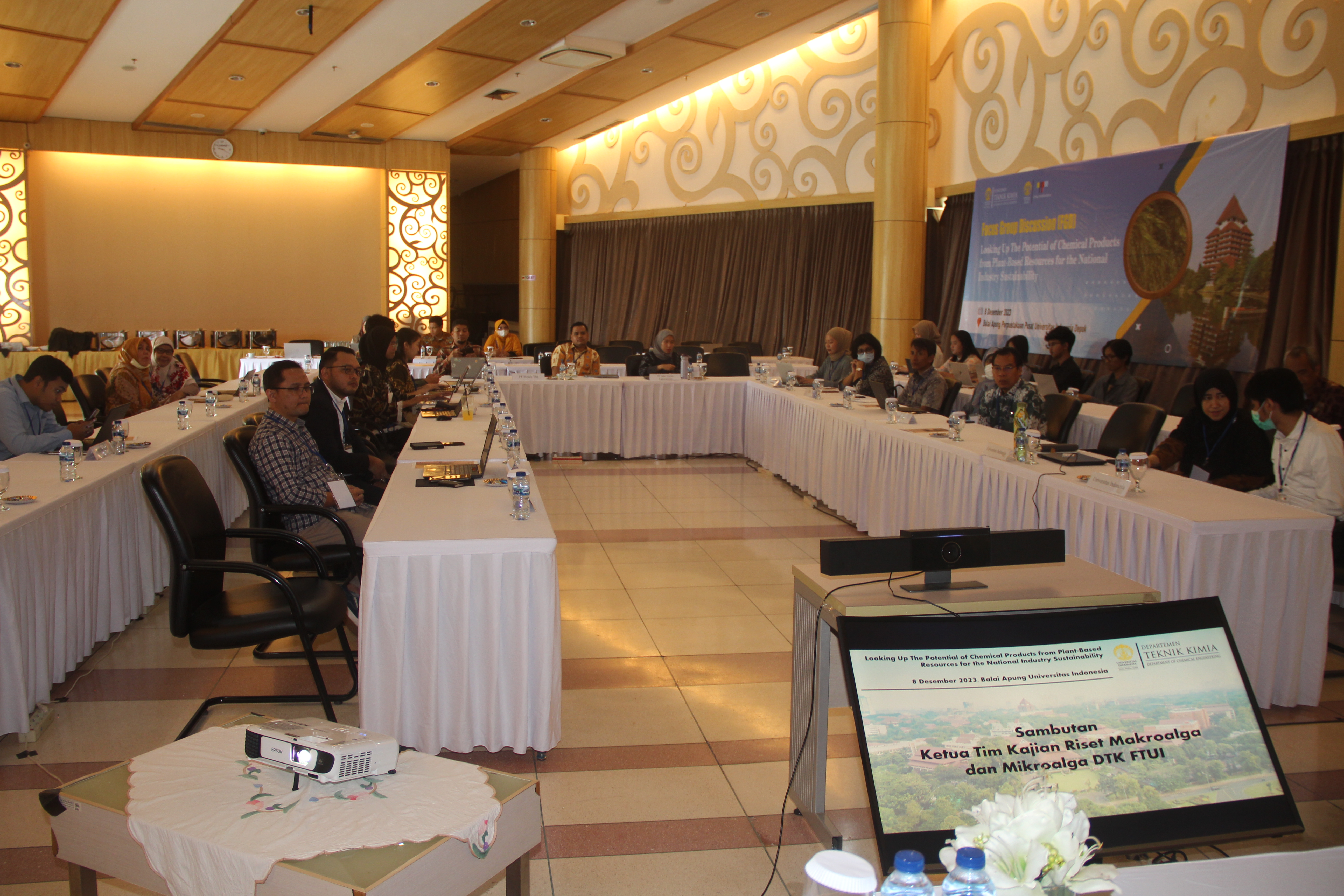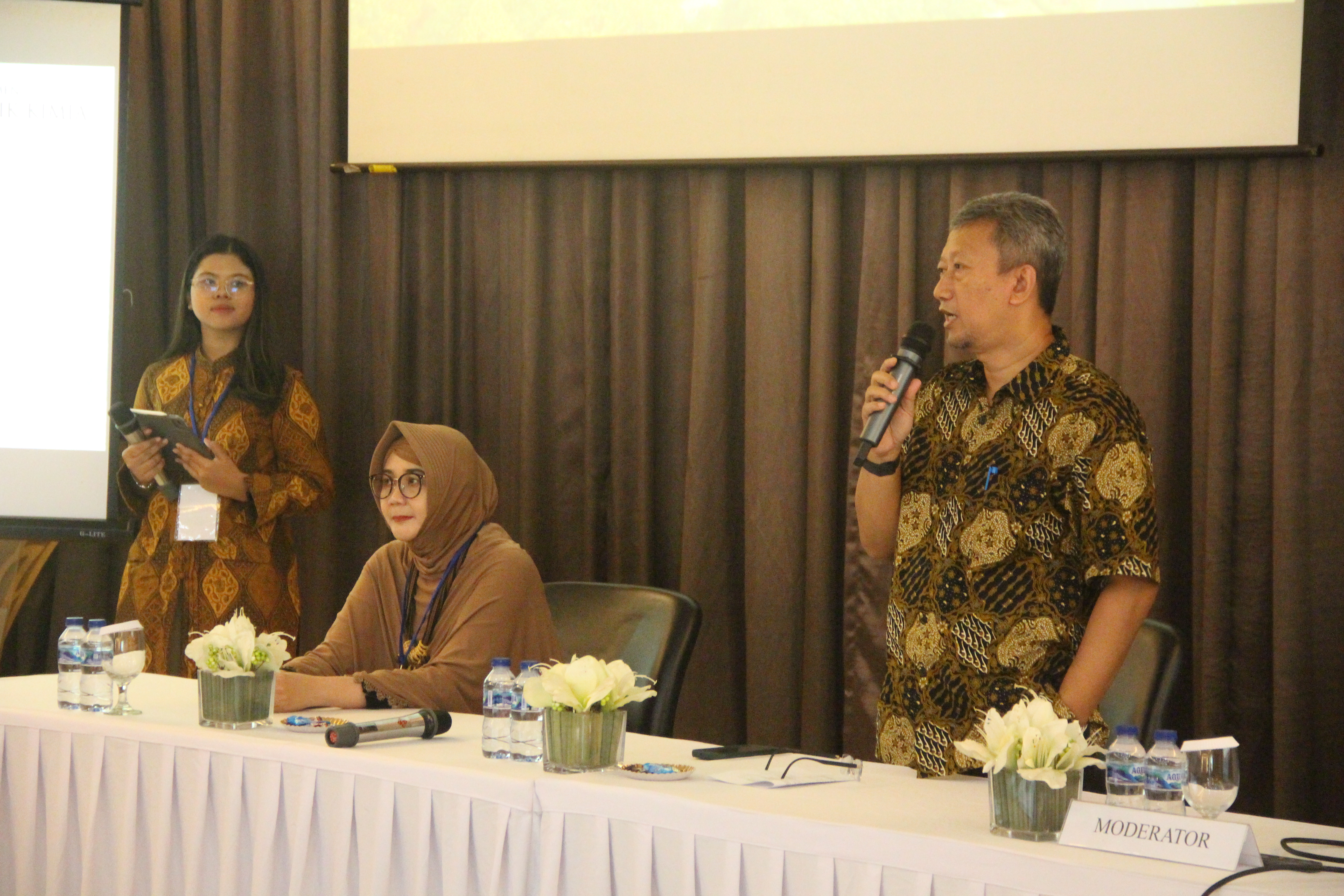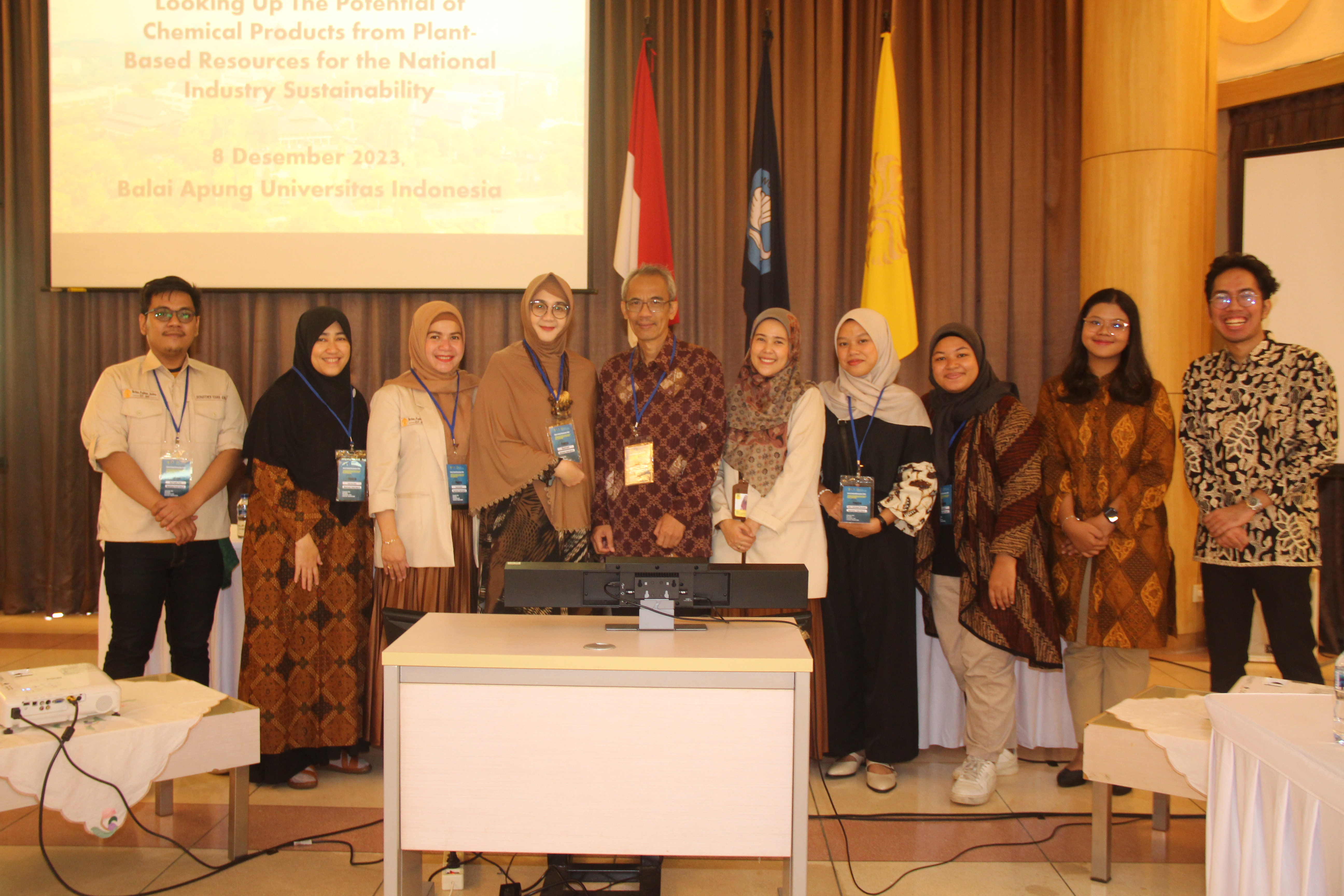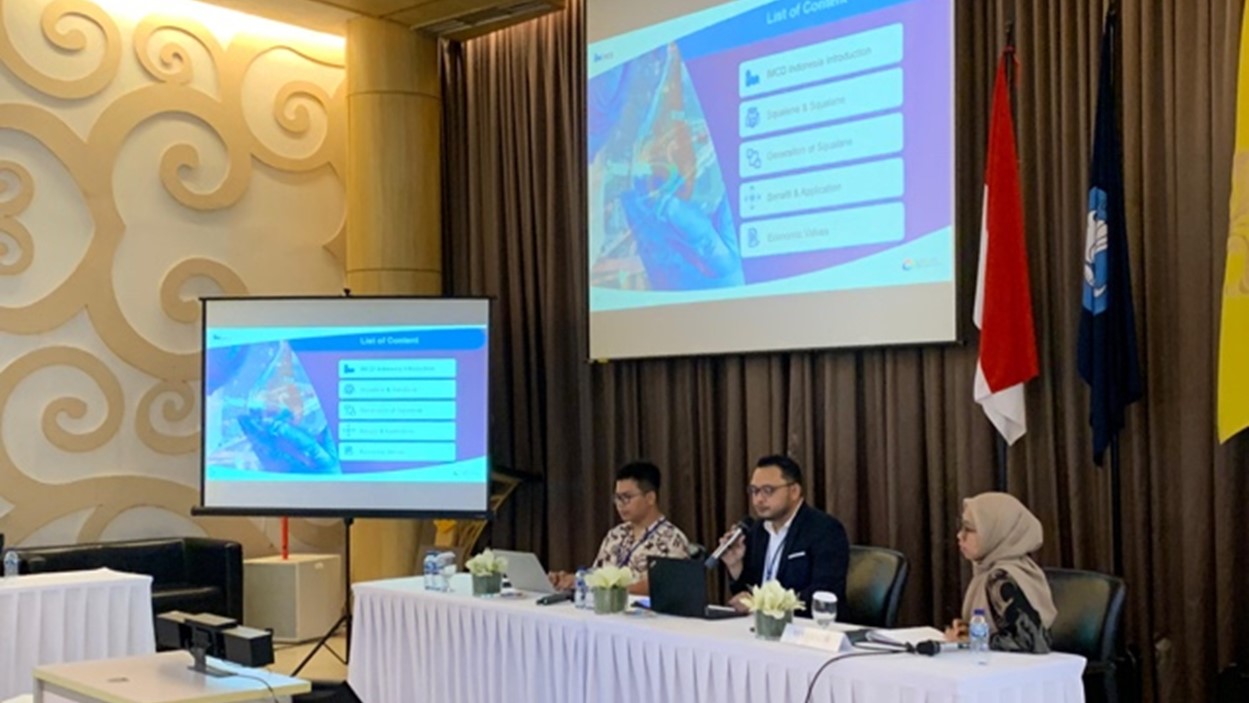As a country blessed with natural aquatic resources, Indonesia has significant potential in utilizing algae biomass, both microalgae and macroalgae. Algae are unique organisms with functions similar to plants, capable of photosynthesis to capture carbon dioxide (CO2) and sunlight, thus serving as a source for various chemicals. However, algae commodities from Indonesia are generally exported in raw form, necessitating downstream processing to enhance their value.
The Department of Chemical Engineering (DTK) at the Faculty of Engineering (FT), University of Indonesia (UI), continues to play an active role in the research and development of microalgae. Faculty and students in DTK FT UI consistently study microalgae cultivation techniques in photobioreactors, including pigment extraction and the synthesis of bioproducts such as biodiesel. Research related to decarbonization through CO2 capture by microalgae is also a focus of study at DTK FT UI.
To support the added value of algae commodities in Indonesia through downstream processing, DTK FT UI organized a Focus Group Discussion (FGD) with the theme “Looking Up the Potential of Chemical Products from Plant-Based Resources for the National Industry Sustainability.” This FGD discussed various uses of algae as chemicals, including agar, squalene, and omega-3 compounds such as eicosapentaenoic acid (EPA) and docosahexaenoic acid (DHA), and how they can be utilized in the industry.
“Microalgae, living in water and relying on photosynthesis, are a primary focus of development in Indonesia. Various stakeholders, including universities, national research institutions, and companies, are actively researching and developing the use of microalgae for various purposes. Research and development of microalgae are directed towards three main aspects: the transformation of microalgae biomass into other products, extraction of active ingredients, and decarbonization through CO2 capture by microalgae,” said Dr. Dianursanti, S.T., M.T., Head of the Macroalgae and Microalgae Study Team at DTK FT UI during the discussion.
Dean of FT UI, Prof. Dr. Heri Hermansyah, S.T., M.Eng., IPU., stated, “The utilization of microalgae in Indonesia is not limited to research. Currently, several local companies have successfully cultivated microalgae and transformed them into consumer goods with competitive economic value. Some high CO2 emission production facilities have also tested CO2 capture using integrated microalgae cultivation.”
Through this FGD, it was found that several chemicals related to pharmaceuticals, nutraceuticals, cosmetics, and laboratory tests are still imported. This results in relatively high costs for chemical supplies by user industries (offtakers) through imports. On the other hand, off-takers are increasingly encouraged to increase Domestic Component Levels (TKDN). Therefore, synergy between research actors and industry is crucial and needs to be optimized to accelerate the implementation of chemical production development from algae domestically.
The FGD, held at the Floating Hall of the Central Library Campus UI in Depok on December 8, 2023, was attended by the Macroalgae and Microalgae Study Team from DTK FT UI represented by Dr. Dianursanti, S.T., M.T. and Dr. Tania Surya Utami, ST. MT., Government representatives from the National Research and Innovation Agency (BRIN) and the Institute of Oil and Gas (Lemigas), as well as industry partners including Septian Marno (PT Pertamina (Persero)), Iwan Ridwanto (PT Dipa Puspa Labsains), Irene Triyanti (PT Nutrifood Indonesia), Adhi Nugraha (PT IMCD), and Juang Arwafa (PT Paragon Technology and Innovation).
***
Office of Public Communication
Faculty of Engineering, University of Indonesia

